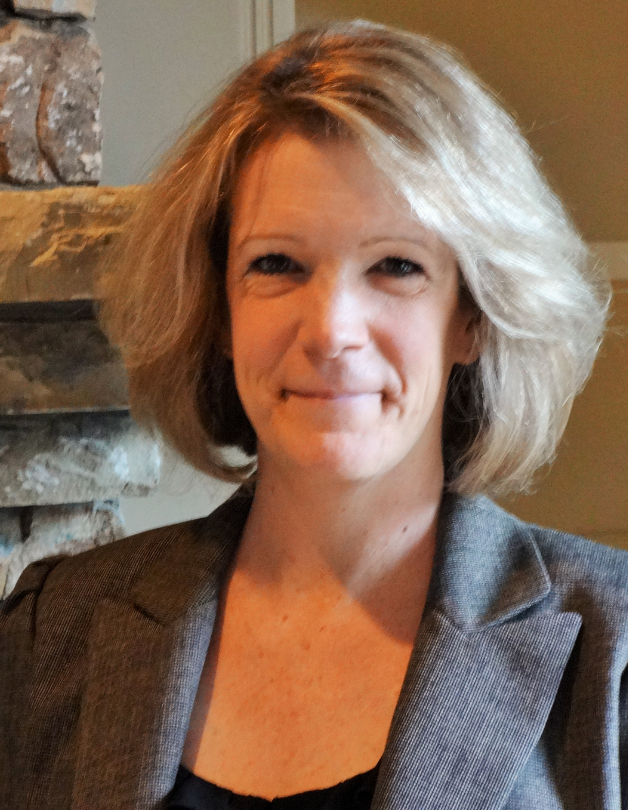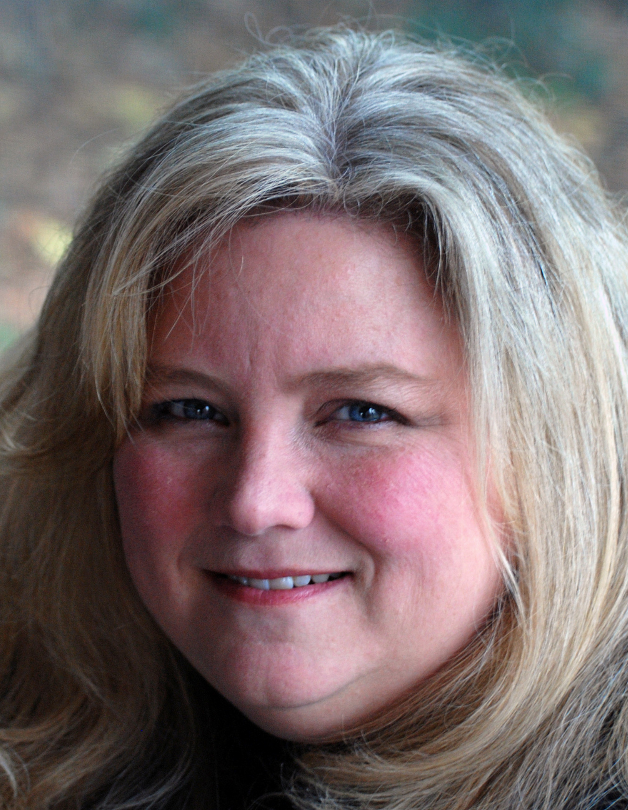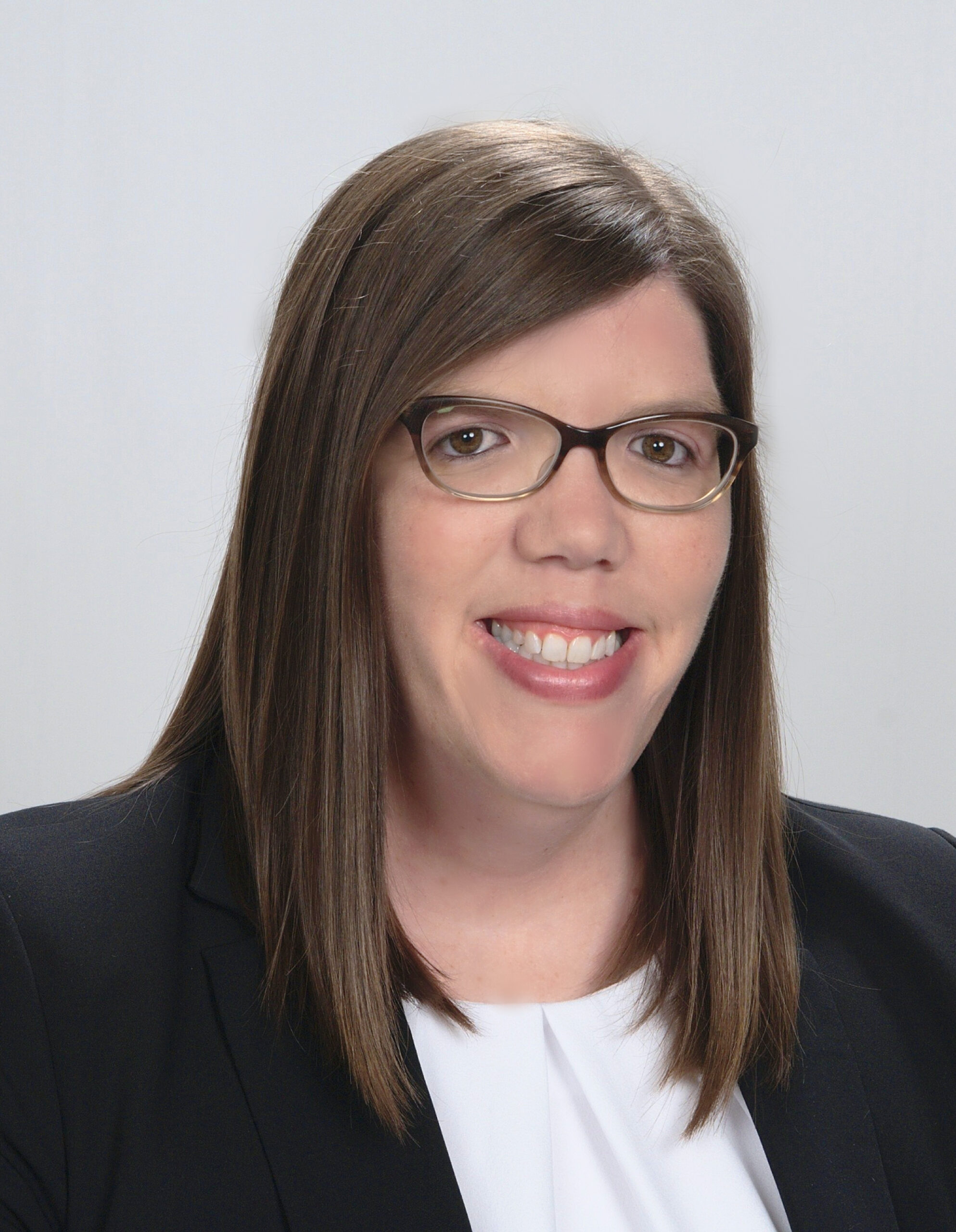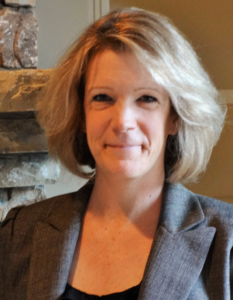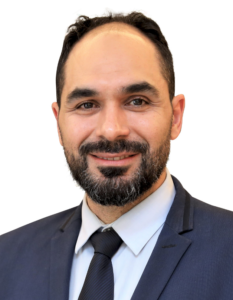Your cart is currently empty!

Measurement Simplified
September 25, 2025
10:00 am to 2:00 pm CT
Unsure what to measure? Don’t know where to start? Want a framework for measurement to understand what is important and how the pieces fit together?
Join us for our new Measurement Simplified workshop. In four hours, we will share all you need to know to get started. No previous knowledge or experience with measurement is required. Just bring your curiosity, and we will take it from there.
Guided by the Talent Development Reporting Principles (TDRp), a proven framework for L&D measurement now embodied in the new ISO standard for L&D metrics, this live virtual workshop will equip you with the tools and knowledge to select, apply, and report on measures effectively at both the program and department levels.
Your facilitators are Dave Vance and Peggy Parskey, co-authors of Measurement Demystified and the Measurement Demystified Field Guide. They led the Center for Talent Reporting for 11 years and developed TDRp. Dave led the effort to develop the 2023 ISO standard on L&D metrics.
September 25, 2025 | 10 am–2 pm Central via Zoom
Capacity: Limited to 15 participants
Price: $297
After the workshop, participants should be able to:
- Explain the fundamentals of L&D measurement and the TDRp framework.
- Define key terminology used in L&D measurement to build a common language.
- Identify the basic, recommended measures for both individual learning programs and the L&D department as a whole.
- Demonstrate how to calculate and effectively communicate these basic measures.
This workshop is ideal for L&D professionals, training managers, and HR practitioners who are new to the field of L&D measurement or for those who would like a refresher.
During the workshop, we will cover:
- Understanding the TDRp framework: Explore the three essential types of measures that drive impactful decision-making.
- Identifying the four reasons to measure: Learn how measurement shapes the way leaders interpret and apply learning data to drive strategy and decision-making.
- Tracking and optimizing efficiency: Measure key efficiency metrics like participant numbers, completion rates, and cost-effectiveness.
- Assessing learning effectiveness: Go beyond participation data to evaluate participant reaction, application, and return on investment.
- Focusing on business impact: Use outcome measures to demonstrate learning’s contribution to organizational goals and performance
- Strengthening reporting: Use the right reports to make learning data clear, actionable, and compelling.

David Vance, Ph.D., is the former Executive Director of the Center for Talent Reporting, a nonprofit organization dedicated to the creation and implementation of best practices and standards for human capital measurement, reporting, and management. He is also the former President of Caterpillar University, which he founded in 2001.
Dave received his Bachelor of Science Degree in political science from M.I.T. in 1974, a Master of Science Degree in business administration from Indiana University (South Bend) in 1983, and a Ph.D. in economics from the University of Notre Dame in 1988.
He was named 2006 Chief Learning Officer of the Year by Chief Learning Officer magazine. He also was named 2004 Corporate University Leader of the Year by the International Quality and Productivity Center in their annual CUBIC Awards.
Dave is a frequent speaker at learning conferences and association meetings. He conducts workshops on measurement & reporting. Dave teaches in the human capital Ph.D. programs at Bellevue University and the University of Southern Mississippi as well as in the executive education program at George Mason University for Chief Talent Officers. He is a member of Working Group 2 on Metrics for the International Organization for Standardization (ISO) Technical Committee on Human Capital.
He is the author of The Business of Learning: How to Manage Corporate Training to Improve Your Bottom Line (Second Edition) published in 2017 and the co-author with Peggy Parskey of the just-released books Measurement Demystified: Creating Your Measurement, Analytics, and Reporting Strategy (2021) and its companion Measurement Demystified Field Guide (2022).

Peggy Parskey has over 25 years’ experience driving strategic change to improve organizational and individual performance. She draws upon varied disciplines including change management, human performance improvement, and project management to set goals, define success measures, and develop tactical plans.
Peggy owns her own consulting firm, Parskey Consulting, focused on organizational improvement initiatives in the Learning & Development and Human Resources functions. Her clients are Fortune 500 firms with needs in business operations improvement, services realignment and enhanced measurement processes.
Peggy is a part-time principal consultant with Explorance, a learning and people analytics firm. She provides services to enable sustainable measurement and evaluation capability. As former Assistant Director at the Center for Talent Reporting, she was responsible for building practitioner skills in Talent Development Reporting principles.
Peggy is certified in Management of Change Methodologies both at the organizational and individual performer levels. She also holds a Bachelor of Science degree in Mathematics from Simmons College and Masters Degrees from the University of Chicago in Statistics and Business Administration.
Questions
Contact ROI Institute with questions or to request more information about group rates at info@roiinstitute.net or call 205.678.8101.





